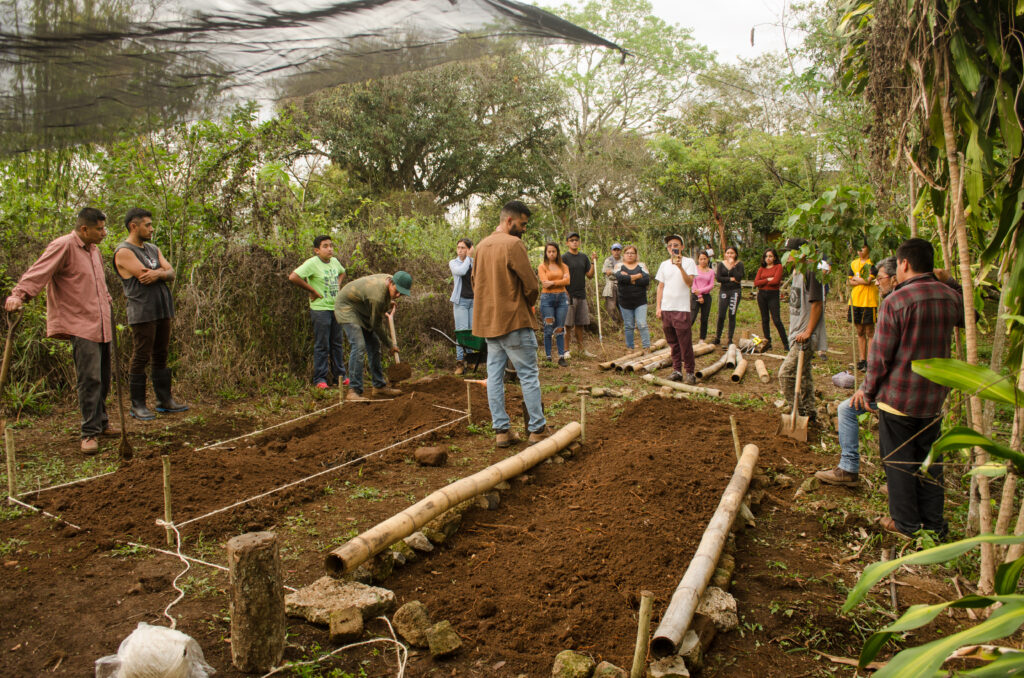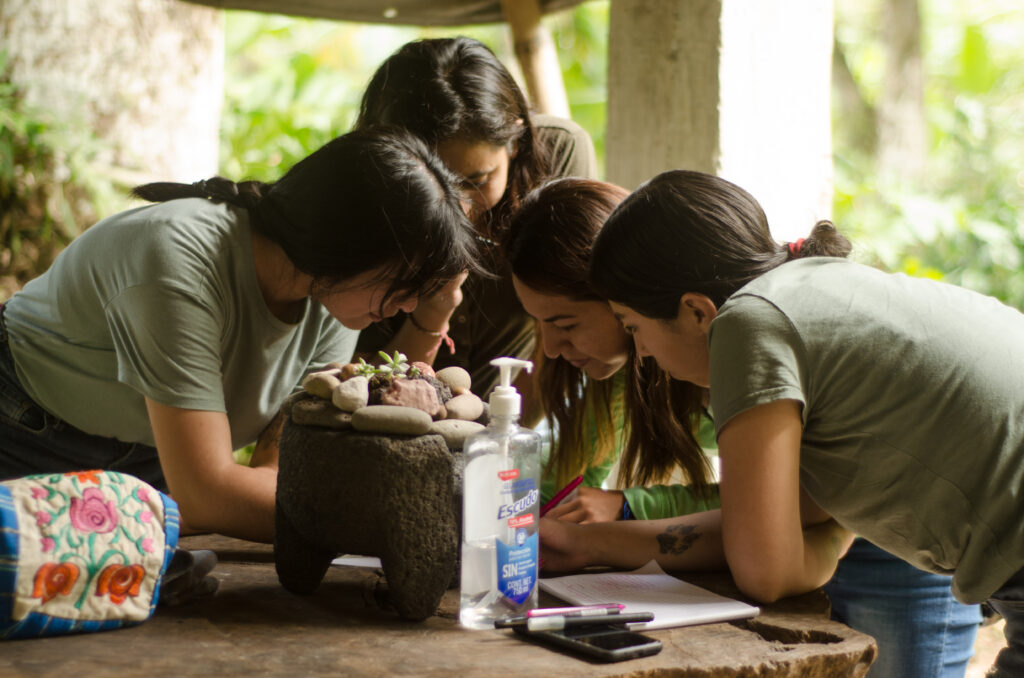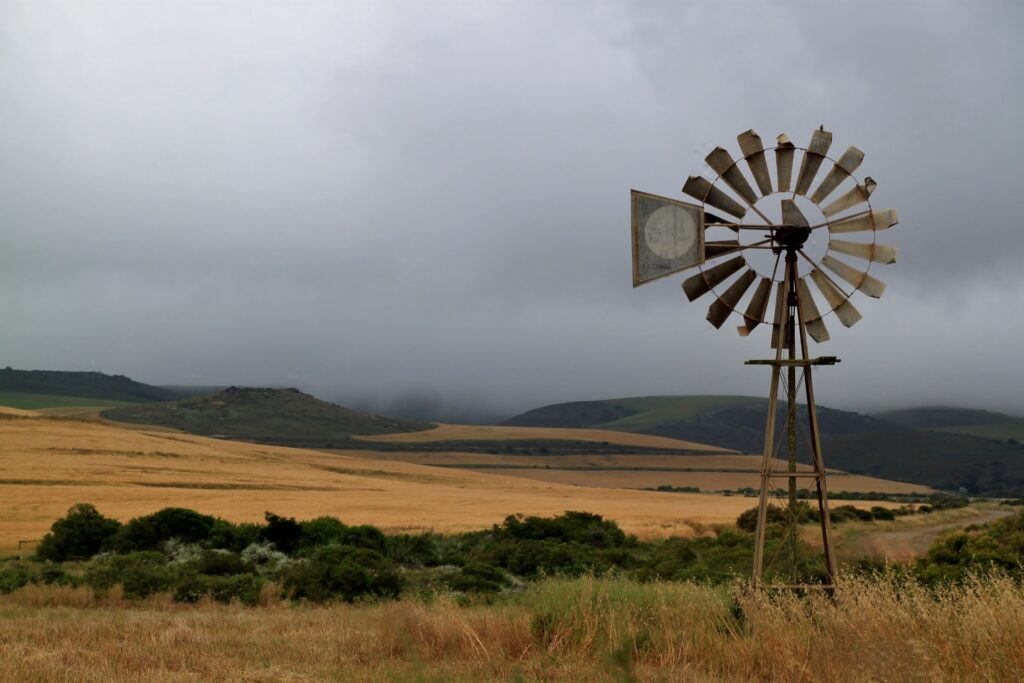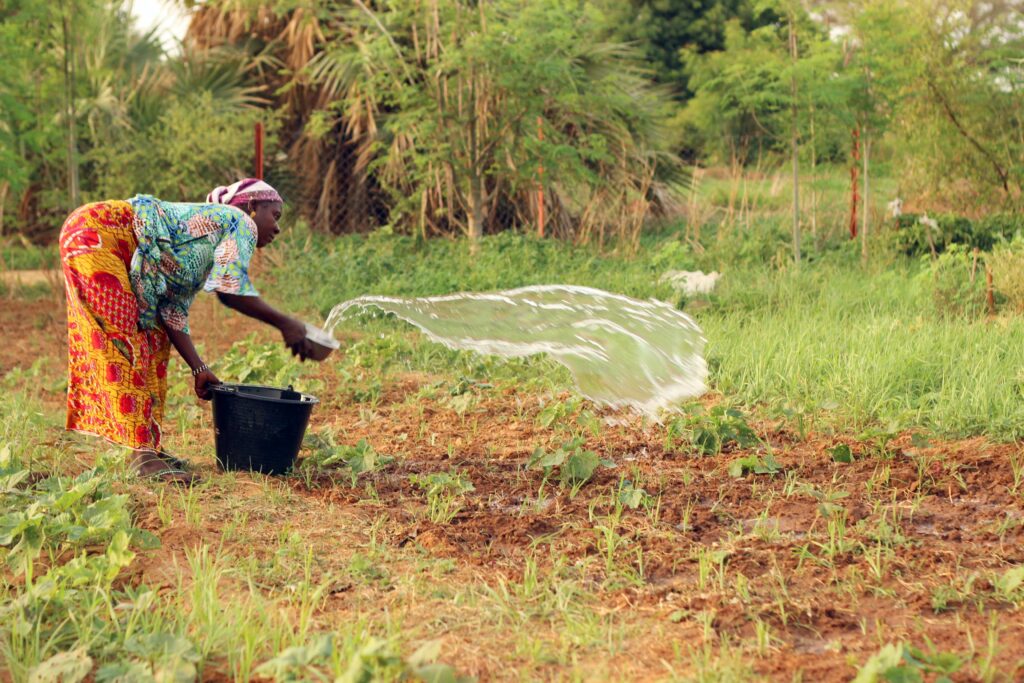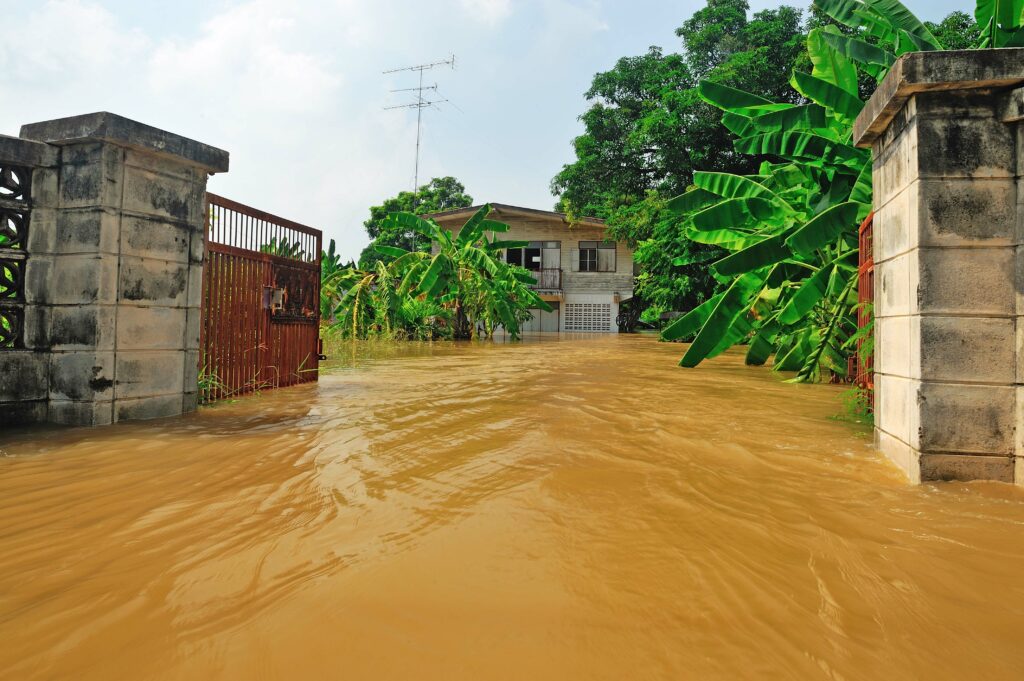Have you ever imagined a small island sinking due to rising of sea levels? Global warming has caused earth temperatures to rise and melted the polar ice caps. As a result, the volume of seawater rises, and eventually submerges the land. Human life including other living creatures, cultural heritage, and human civilization will disappear instantly. This is one of the worst possible impacts of climate change. Obviously, climate change has brought about substantial negative impacts on ecosystems, infrastructure, health, and livelihoods of people around the world.
In the Conference of the Parties – United Nations Framework Convention on Climate Change (COP-UNFCCC), material loss and damage to ecosystems, infrastructure, etc. is a priority for many vulnerable countries due to the severe climate change impacts they are experiencing. For many small island states, such impacts pose an existential threat.
This type of issue is known in climate change negotiations as “Loss and Damage”.
What we need to understand is that the impacts of climate change are permanent (irrecoverable), so there is no going back to the way things were.
According to a 2022 report made by the United Nations Environmental Programme (UNEP), almost half of all-natural disasters on earth is of a climate disaster. The recent devastating wildfires of 2022 in the US and Canada are the result of a long heatwave in the northern hemisphere; severe drought threatens Africa with widespread famine; and flash floods in Pakistan have affected 30 million people.
Over the past fifty years, climate-related disasters around the world have killed an average of 115 people, with more than 91% occurring in developing countries. The current level of global loss and damage is actually difficult to calculate, but it is estimated to be no less than US$ 200 million every day. During the period from 1970 – 2019, more than 11,000 climate disasters have occurred in the world. This has led to more than two million deaths and financial losses of US$ 3.64 trillion.
In Indonesia, more than 90% of disasters that occur are due to meteorological disasters (including floods and landslides) driven by the climate crisis. The result of a study undertaken by the National Development Planning Agency (the Bappenas) shows that Indonesia is threatened to experience economic losses of IDR 544 T due to the climate crisis during the period 2020 – 2024. Around 80% of it is due to coastal damages; and the rest are losses due to decreased agricultural production (rice), health related problems, and clean water supply.
Global Negotiation
The issue of Loss and Damage (LD) has been discussed for a long time since the UN climate change negotiations in 1991. At that time, Vanuatu, representing island countries under the Association of Small Island Countries (AOSIS), proposed the establishment of an insurance scheme for countries that could potentially be submerged due to rising of sea levels caused by global warming and climate change.
According to the developing countries, global negotiations on LD have not been “fair” enough. The Maldives, for example, contributes only 0.03 percent of global greenhouse gas emissions, but sea level rise is a real threat to the country as four-fifths of its islands are only one meter above sea level. Similarly, the entire continent of Africa contributes only 3.8 percent to global greenhouse gas emissions, yet the continent is the most vulnerable to the impacts of climate change and has long suffered severe loss and damage. Politicians and civil society stakeholders in several developing countries have highlighted the responsibility of developed countries in causing climate change and called on them to compensate for the losses and damages.
LD gained momentum in 2013 when Parties agreed to establish the Warsaw International Mechanism (WIM) for Loss and Damage associated with Climate Change Impacts. The mechanism is intended to facilitate dialogue, fill knowledge gaps, and enhance action and support for countries experiencing loss and damage.
At COP-25 in Madrid in 2019, Parties agreed to establish the ‘Santiago Network’ on Loss and Damage, to act as a bridge between developing countries, developed countries, and international agencies providing aid/loans for development.
At COP-26 in Glasgow in 2022, LD received a considerable amount of attention. The ‘Glasgow Climate Pact’ eventually included a specific section on LD and urged developed countries and international aid agencies to provide more assistance for LD-related activities. The Parties agreed to hold a dialogue to discuss arrangements for funding activities to prevent, minimize and address loss and damage associated with the adverse impacts of climate change. The ‘Glasgow Dialogue’ will run until June 2024.
At COP-27 in Sharm el-Sheikh in December last year, the Parties finally agreed on a funding mechanism for Loss and Damage (LD) due to the recent escalation of climate disasters in various parts of the world. Parties only recently realized the importance of this being addressed immediately and collectively.
What do we need to do?
The COP-27 agreement to create an LD funding mechanism is a historical moment. It is something that climate-vulnerable developing countries have been working towards for decades, despite the lack of support from developed countries. However, it has yet to be decided where the fund will be placed, within or outside the UNFCCC’s framework, what types of activities will it support, how it will be managed, which countries will be eligible to receive the support, and who will contribute financially.
At COP-27, Parties agreed to establish a ‘transition committee’ that will take a look at this issue in more depth, and will make recommendations for Parties to consider at this year’s COP-28 in Abu Dhabi.
The Government of Indonesia (GoI) should capitalize on this funding opportunity by reviewing its Nationally Determined Contribution (NDC) commitments to focus more on mitigation efforts. LD should serve as a buffer when mitigation efforts are constrained by uncertain global dynamics.
LD-related Ministries/Agencies such as the Bappenas, the Ministry of Forestry and Environment, the Ministry of Finance, and the Ministry of Public Works and Housing should take the initiative to initiate this effort.
A transparent and participatory LD dialogue involving state and non-state actors needs to be conducted immediately, especially to identify vulnerable coastal areas where more than 50 million people live (Bappenas, 2021). This includes other areas that are vulnerable due to disrupted hydrological cycles (floods, landslides). Governance and institutionalization of the government should lead to technical interventions to solve problems at the local level.
In addition, it is necessary to identify politically realistic steps that can be taken in the short, medium, and long term to build a shared vision by involving all stakeholders including people with disabilities, as this group is the most vulnerable to the impact of LD. The contestation of the 2024 Indonesia’s General and Presidential Elections must also show serious attention to this issue, as it will be an important agenda for whoever received the mandate to run it later on.
An adaptive strategy needs to be created and developed together to deal with the impacts of climate disasters that are expected to increase in the coming years.
**
This article only reflects the personal view of Mr Doddy Sukadri, UN CC:Learn Ambassador and Executive Director of Yayasan Mitra Hijau (Green Partner Foundation) and Farham Helmy, Principal of Thamrin School of Climate Change and Sustainability and President of Pergerakan Disabilitas dan Lanjut Usia (DILANS-Indonesia).

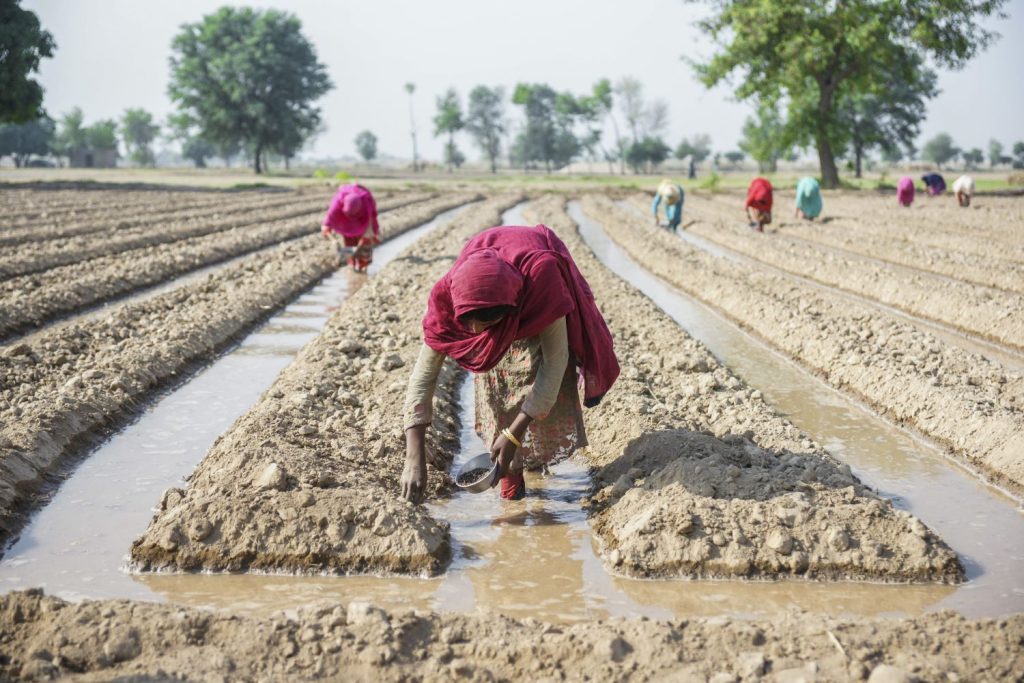
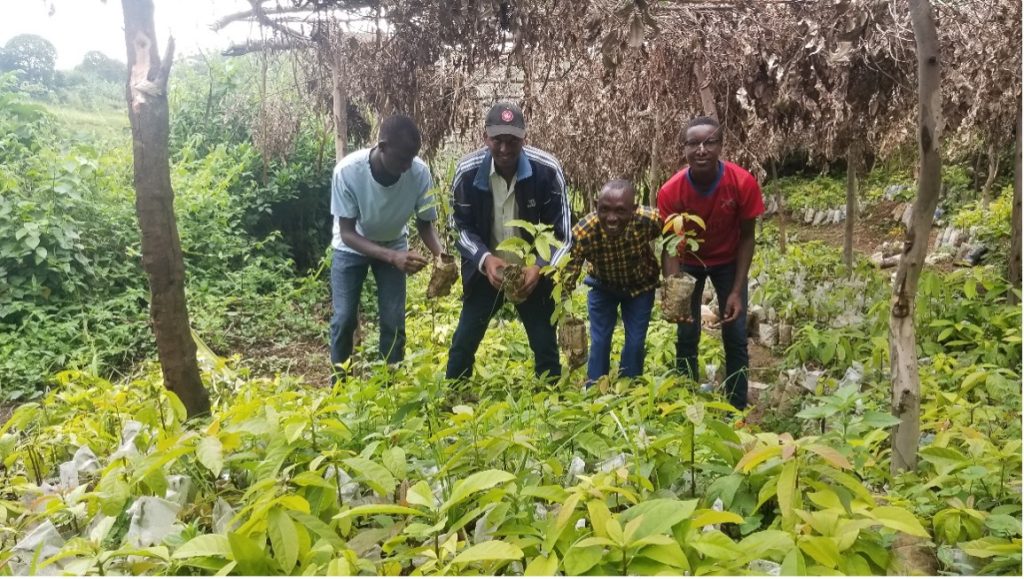
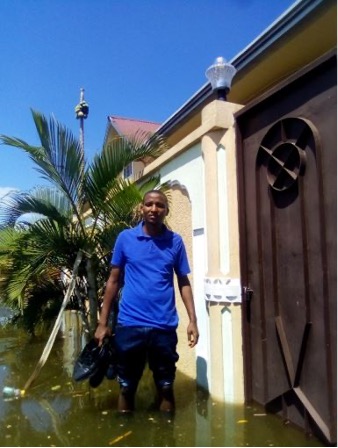
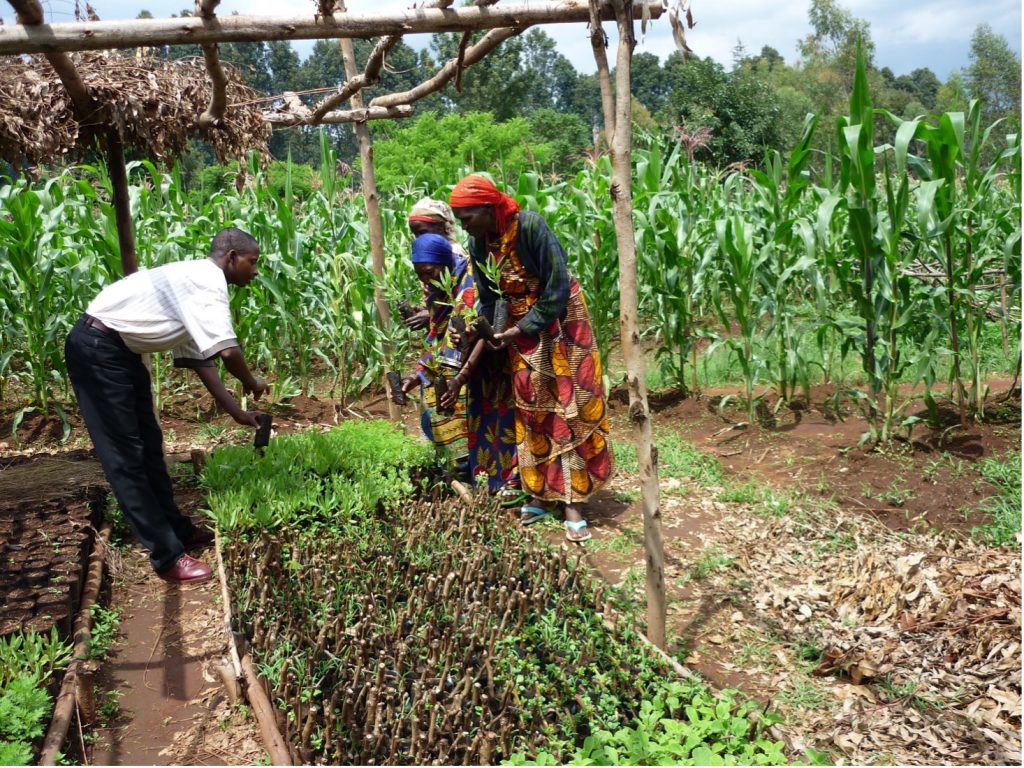
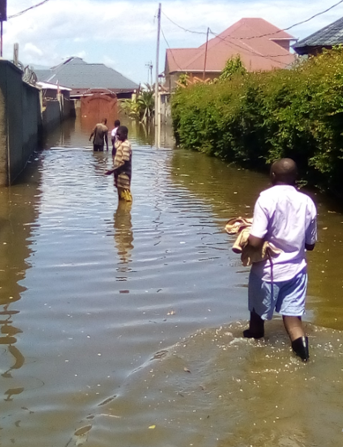
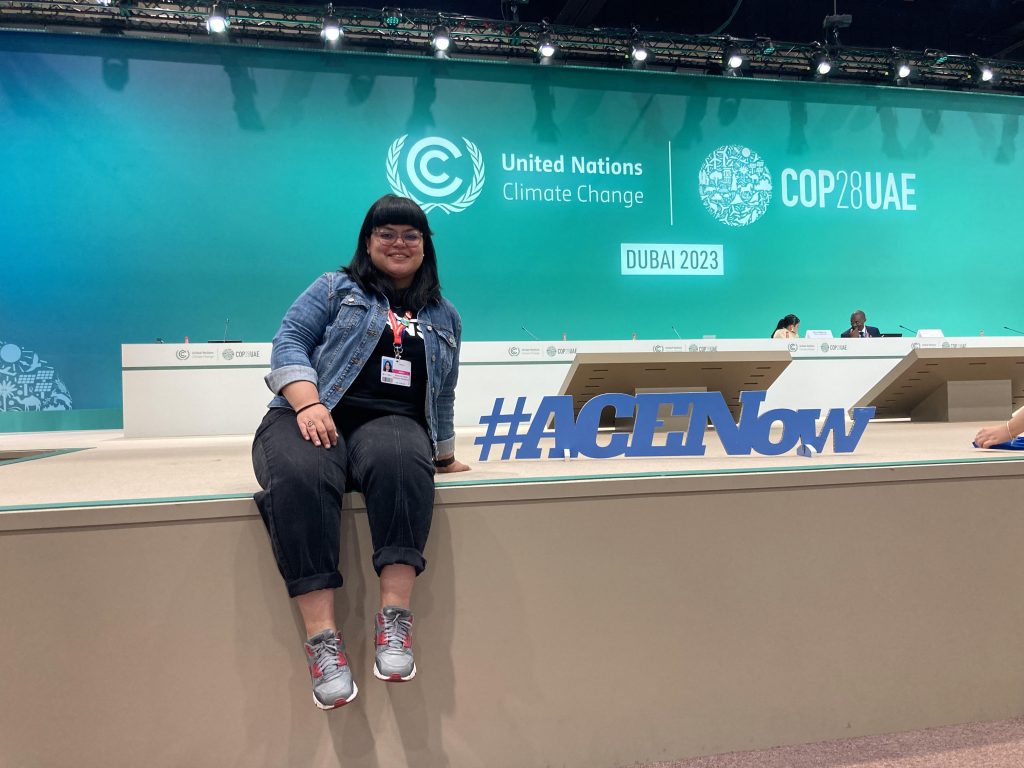
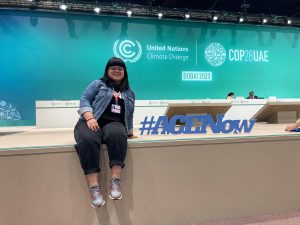 Berenice Danaé Espinoza H. is a Mexican Climate Change Professional currently collaborating with the Latin American Observatory for Climate Action (OLAC) in the Coordination of the Climate Justice cluster. As a member of OLAC she has been exchanging experiences with other regional organizations, which are often working on the ground with local communities, indigenous peoples, cooperatives, youth organizations, etc. She co-creates strategies for strengthening the capacity of such organizations on issues of climate negotiations under the UNFCCC framework and strengthens capacities on climate issues at the local, regional and international levels
Berenice Danaé Espinoza H. is a Mexican Climate Change Professional currently collaborating with the Latin American Observatory for Climate Action (OLAC) in the Coordination of the Climate Justice cluster. As a member of OLAC she has been exchanging experiences with other regional organizations, which are often working on the ground with local communities, indigenous peoples, cooperatives, youth organizations, etc. She co-creates strategies for strengthening the capacity of such organizations on issues of climate negotiations under the UNFCCC framework and strengthens capacities on climate issues at the local, regional and international levels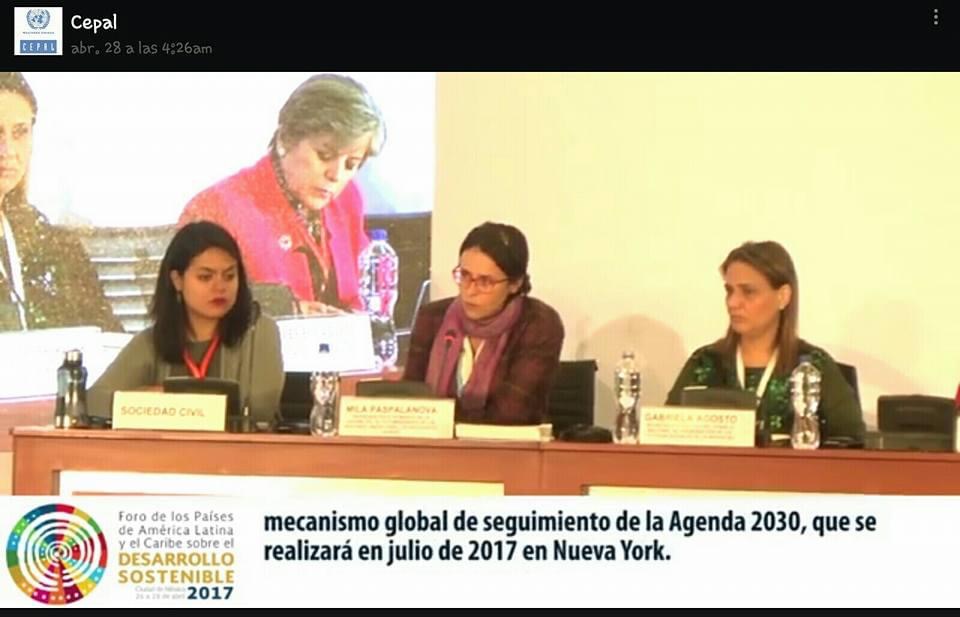
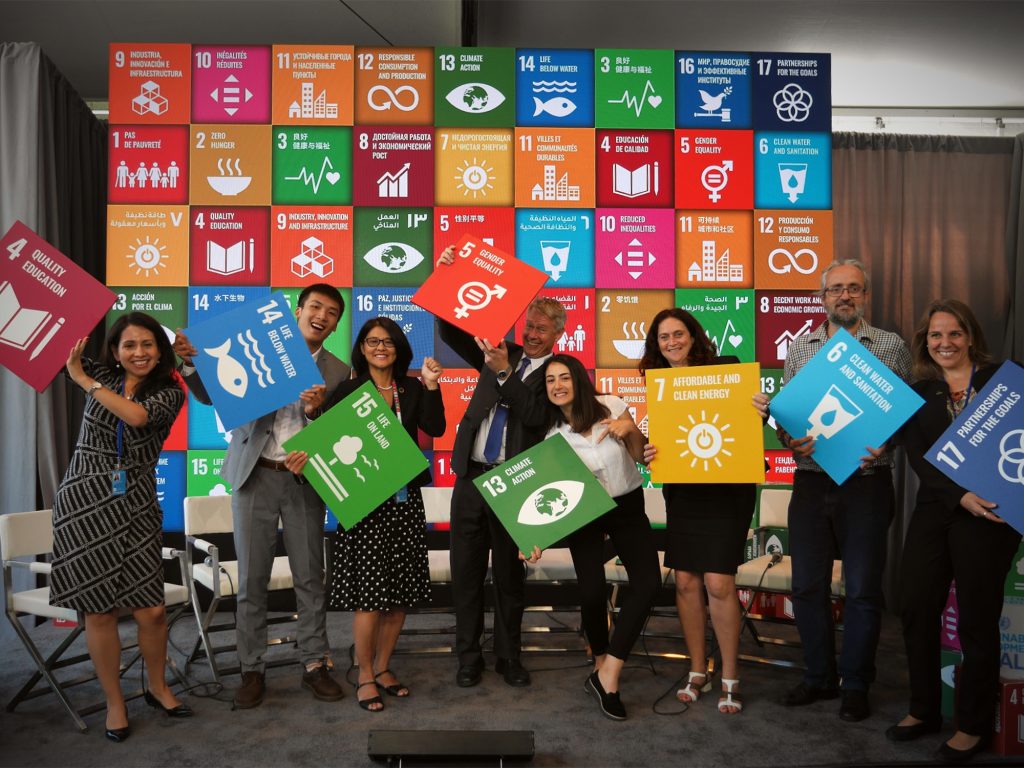
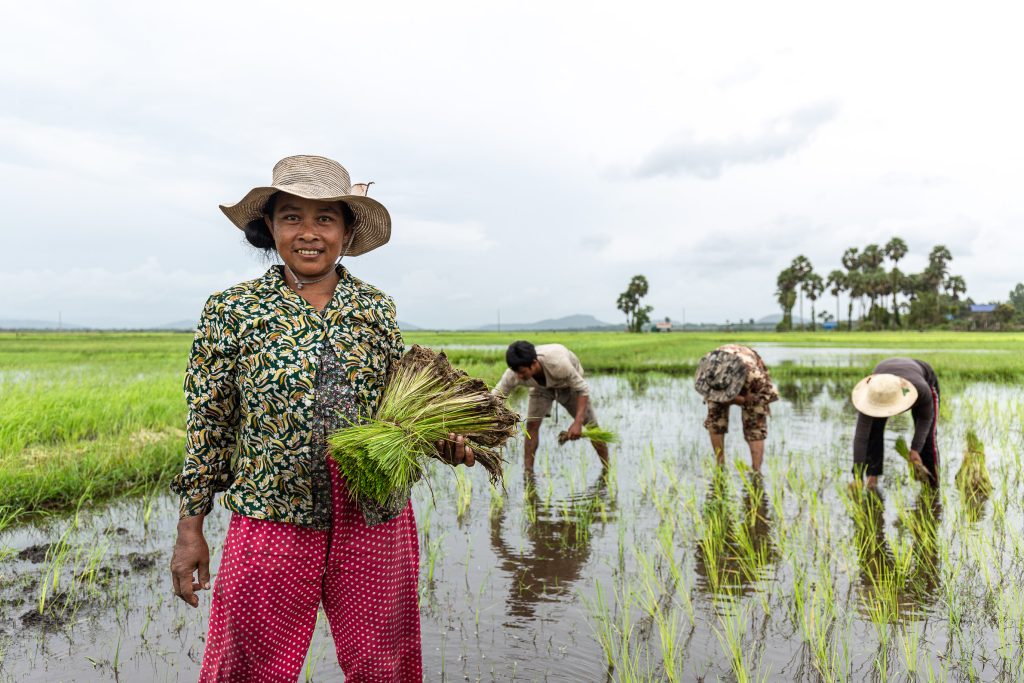
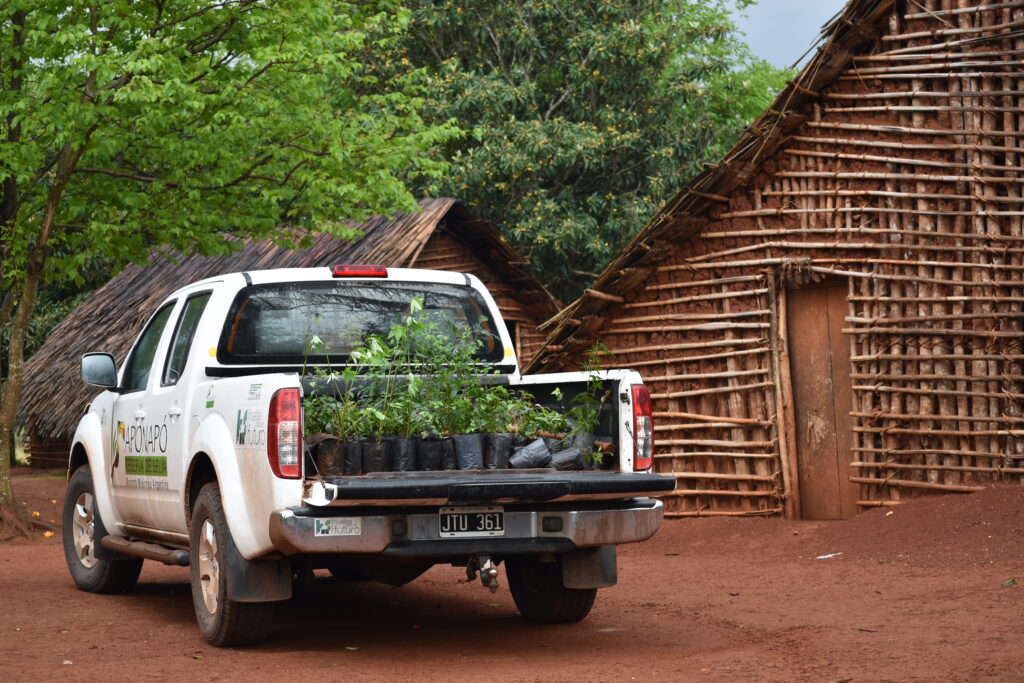

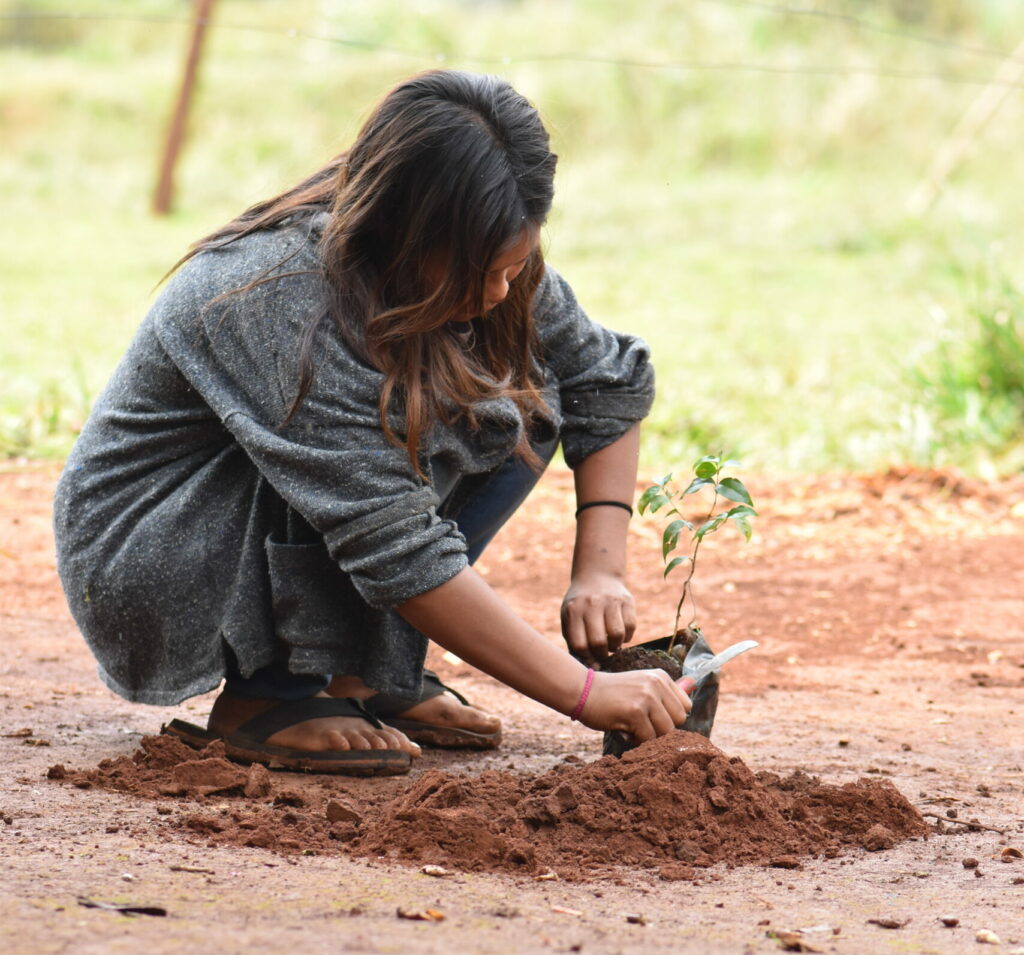
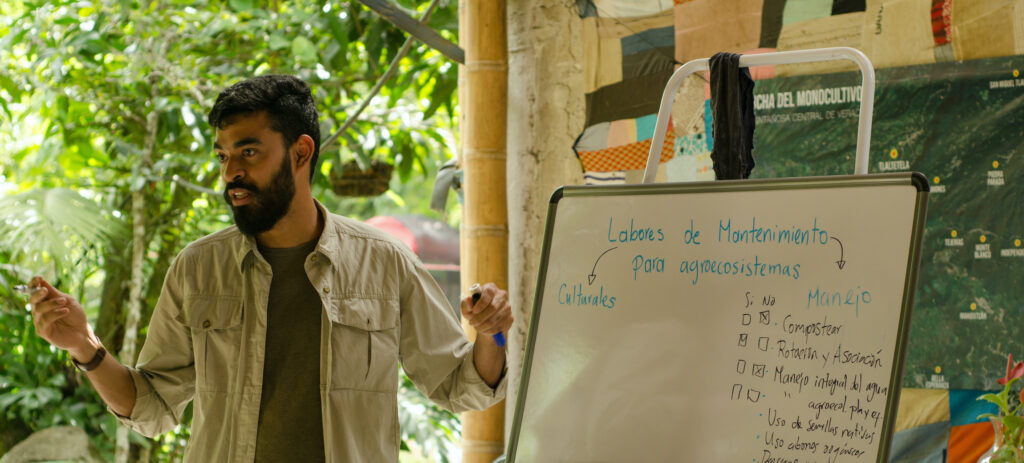
 I am Colombian, I studied to be a teacher, with emphasis on biology, I hold a master’s degree in environmental management for sustainability and recently started a doctorate in sustainability sciences at the National Autonomous University of Mexico. Currently, I’m living in the State of Veracruz (Mexico), where there are different regional problems associated with climate change, such as increased desertification, extreme increase in temperatures, changes in rainfall, early hot seasons, disappearance of glaciers, deforestation, etc. In particular, I have been considering the correlation between the globalised agri-food system and climate change, this being a sector that is strongly linked to the causes of this phenomenon, but also one of those most affected by it. In this regard, I am concerned about the carbon footprint of the agricultural sector caused by conventional practices and processes that do not allow carbon sequestration underground. For example, the excessive use of agrochemicals, the long distances that food travels and the inappropriate disposal of organic solid waste.
I am Colombian, I studied to be a teacher, with emphasis on biology, I hold a master’s degree in environmental management for sustainability and recently started a doctorate in sustainability sciences at the National Autonomous University of Mexico. Currently, I’m living in the State of Veracruz (Mexico), where there are different regional problems associated with climate change, such as increased desertification, extreme increase in temperatures, changes in rainfall, early hot seasons, disappearance of glaciers, deforestation, etc. In particular, I have been considering the correlation between the globalised agri-food system and climate change, this being a sector that is strongly linked to the causes of this phenomenon, but also one of those most affected by it. In this regard, I am concerned about the carbon footprint of the agricultural sector caused by conventional practices and processes that do not allow carbon sequestration underground. For example, the excessive use of agrochemicals, the long distances that food travels and the inappropriate disposal of organic solid waste.